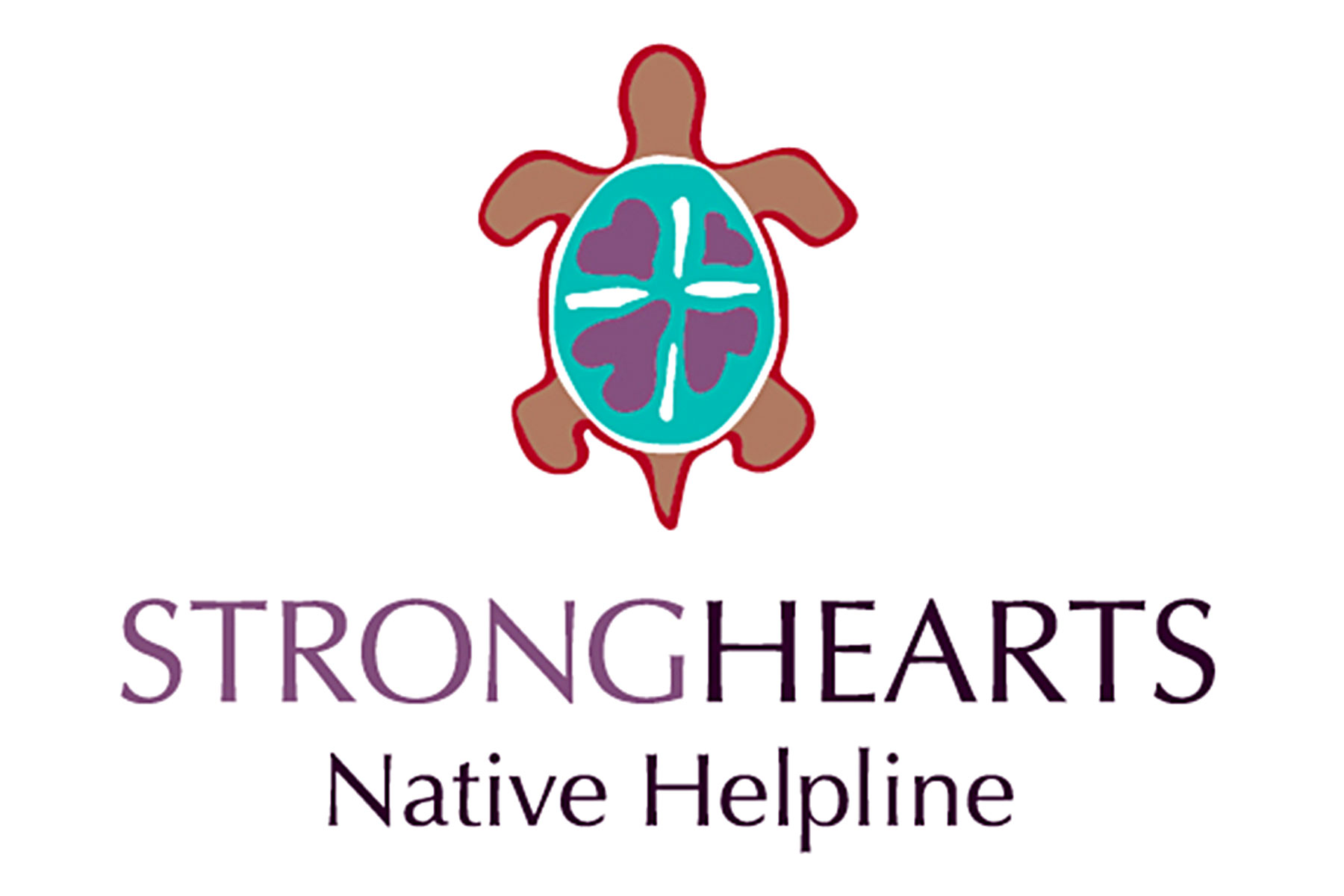A political act aimed to restrict women’s rights, the Supreme Court of the United States (June 2022) overturned Roe v Wade (1973) leaving the onus of access to abortion on individual states. Since then, six states have taken measures to codify reproductive rights while other states ramp up efforts to abolish or otherwise restrict access to abortion.
“The Supreme Court threw out nearly 50 years of precedent in favor of politicizing the body sovereignty of women and girls,” said Lori Jump, chief executive officer, StrongHearts Native Helpline. “By asking states to regulate abortion, they are taking away the rights of women to decide what happens to their body. Six states have reaffirmed reproduction rights, but until all other states follow suit, women are in a perilous position.”
Six states uphold women’s right to choose
To date, there have been six ballot measures addressing abortion in California, Kansas, Kentucky, Michigan, Montana, and Vermont where voters upheld abortion rights.1
On Aug. 2, voters (58.97 percent) refused to amend the Kansas Constitution to declare that nothing in the state constitution creates a right to abortion or funding for an abortion and to affirm the state’s ability to pass laws regarding abortion. Instead, voters upheld legal precedent in Hodes & Nauser v. Schmidt (2019) that the Kansas Bill of Rights provides a right to abortion.
On Nov. 8, five more states took action to uphold reproductive rights of women. “Although voters have upheld women’s rights in these states, the majority of them passed by a thin margin,” said Jump. “Our work is not done.”
Currently, there are dozens of pending initiatives, amendments and referendums. In Arizona, Colorado, Florida, Maryland, Massachusetts, Nevada and Oklahoma there were nine proposals that did not make the 2022 ballot. In New York, Pennsylvania and Washington, there are four proposals slated for 2023. And, in Florida, Iowa, Nevada, Oklahoma and South Dakota there are seven proposals slated for 2024.
“It’s unfathomable that in this day and age, women and girls must be cognizant of legislation rooted in misogyny and historic oppression,” said Jump. “The criminalization of abortion is an abuse of governmental power to deny body sovereignty. It is a cruel reminder of what Native people have endured for centuries.”
Historic Violence and Oppression
In Indian Country, Native woman and girls suffer the highest rates of stalking, rape, and femicide in the nation. Yet, Indian Health Services has historically prohibited and continues to deny access to abortions in Tribal communities. Without planned parenthood clinics, Native women and girls are at a higher risk of being penalized for seeking abortions in unsafe conditions. Rape victims are often shamed and blamed, and now could face jail time for seeking an abortion.
StrongHearts Native Helpline is a safe confidential and anonymous culturally appropriate domestic and sexual violence helpline for Native Americans and Alaska Natives. Advocates are available 24/7. Call or text 1-844-762-8483 or chat online at strongheartshelpline.org.

